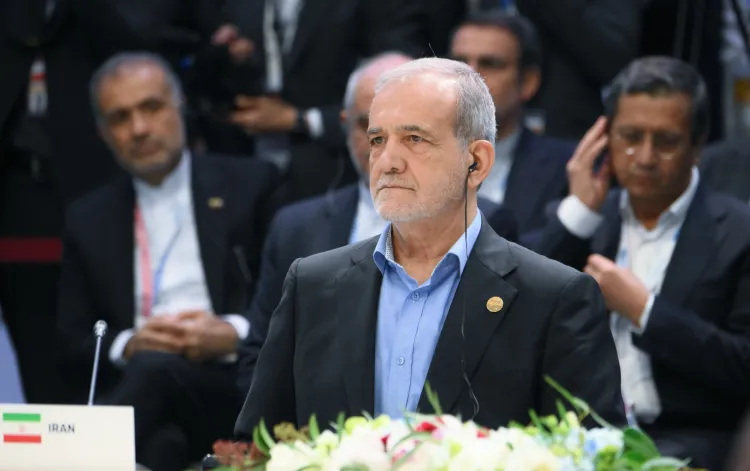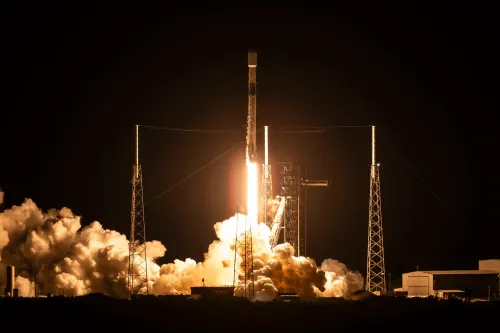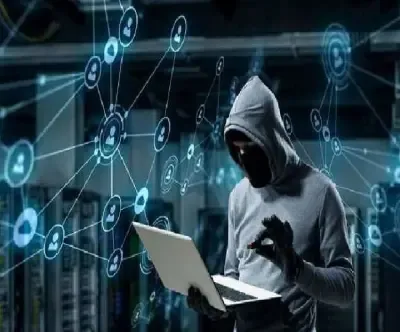Is Iran's President Pezeshkian Committed to a 'Peaceful' Nuclear Industry?

Synopsis
Key Takeaways
- Pezeshkian emphasizes commitment to peaceful nuclear development.
- Iran's program aims to meet domestic energy needs.
- Accusations of weaponization are denied by Tehran.
- Focus on medical technology and radiopharmaceuticals is highlighted.
- Dialogue with IAEA continues amid scrutiny.
Tehran, Nov 2 (NationPress) Iranian President Masoud Pezeshkian declared on Sunday that his administration is wholeheartedly dedicated to fostering the advancement of the nation’s "peaceful" nuclear program, as per a statement released from his office.
Pezeshkian emphasized that Iran's nuclear initiative is aimed at fulfilling domestic requirements and enhancing living standards, rather than pursuing weaponization.
He pointed out that Iran’s nuclear endeavors have faced "negative and biased propaganda" intended to mislead the public into equating nuclear energy with atomic armaments, as reported by Xinhua News Agency.
The President asserted that his government will "strongly back the progress and expansion" of Iran’s nuclear capabilities, allowing the industry to capture a larger share of the global market.
He highlighted the necessity for Iran to expedite the production of radiopharmaceuticals and the advancement of modern medical technologies, deeming these as vital.
"Colonial powers are striving to hinder independent nations, including Iran, from obtaining advanced technologies," he remarked.
Western nations have persistently accused Iran of attempting to develop nuclear weapons. Tehran refutes these allegations, asserting its nuclear program is peaceful and focused on energy generation and medical applications.
On October 28, Iranian Foreign Ministry spokesperson Esmaeil Baghaei reiterated that Iran remains a member of the Nuclear Non-Proliferation Treaty (NPT) and continues to comply with its safeguards agreement with the United Nations nuclear oversight body.
"In honoring these safeguards commitments, we are maintaining dialogues with the IAEA while considering the parliament’s law, which designates the Supreme National Security Council (SNSC) as the authority for cooperation decisions with the agency," Baghaei explained.
Under a comprehensive safeguards agreement, the IAEA holds the right and duty to ensure that safeguards are applied to all nuclear materials within the state's territory, jurisdiction, or control to verify that such materials are not diverted to nuclear weapons or other explosive devices.
Baghaei indicated that certain aspects of Iran’s interaction with the IAEA represent "routine collaborations" aligned with national interests, mentioning fuel replacement at the Bushehr Nuclear Power Plant and oversight of the Tehran research reactor as examples.
Iran had halted cooperation with the IAEA in June under a parliamentary mandate, citing the agency's failure to condemn Israeli and US attacks on its nuclear sites and concerns regarding the safety of its facilities and scientists.









